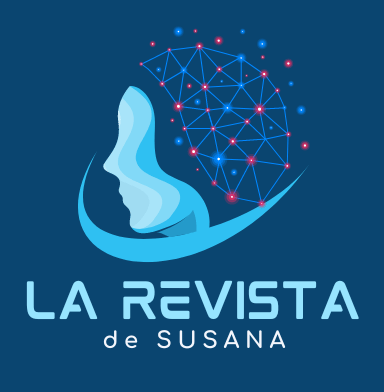Transforming Medicine as We Know It
Introduction
The healthcare sector stands on the brink of a revolution, driven by the rapid advancements in Artificial Intelligence (AI).
From diagnostics to treatment plans and patient care, AI is reshaping the very fabric of healthcare, offering prospects of improved efficiency, accuracy, and patient outcomes. This article explores the transformative role AI is playing in the future of healthcare.
AI in Diagnostics and Treatment Planning
One of the most significant impacts of AI in healthcare is in the field of diagnostics. Machine learning algorithms can analyze complex medical data, such as scans and test results, to identify diseases early and accurately.
For instance, AI systems are being used to detect cancerous tumors in imaging data with a level of precision that matches, and sometimes, surpasses human experts.
Artificial Intelligence and the Future of Healthcare:
AI also plays a pivotal role in treatment planning. By analyzing vast amounts of medical research and patient data, AI can help doctors devise personalized treatment plans that are more effective for the individual patient. This is particularly important in the treatment of complex diseases like cancer, where every patient’s case is unique.
AI-Powered Health Monitoring and Wearables
Health monitoring is another area where AI is making a mark. Wearable devices equipped with AI can track vital signs and detect anomalies in real time, alerting users and healthcare providers to potential health issues.
This constant monitoring can be particularly life-saving for patients with chronic conditions, like heart disease or diabetes, allowing for prompt intervention.
Improving Patient Care with AI
AI is not only limited to diagnostics and monitoring; it is also enhancing patient care. AI-driven chatbots and virtual health assistants provide patients with instant, accessible medical advice and support.
In hospital settings, AI systems are being used to streamline administrative tasks, allowing healthcare professionals to focus more on patient care.
Challenges and Ethical Considerations
Despite its potential, the integration of AI in healthcare comes with challenges. Ethical considerations around privacy and data security are paramount, as healthcare data is extremely sensitive.
Additionally, there’s the challenge of ensuring AI systems are unbiased and equitable.
The Future Outlook
The future of AI in healthcare is incredibly promising. It’s not just about automating tasks; it’s about enhancing the capabilities of healthcare professionals and improving patient care.
With continued advancements in AI technology, we can expect more personalized, efficient, and accessible healthcare services.
Moreover, AI’s potential in managing public health, predicting epidemics, and streamlining healthcare delivery at scale is immense. As we navigate this new era, the focus must be on harnessing AI’s power responsibly, ensuring it complements the human element in healthcare.
Conclusion
Artificial Intelligence is set to be a cornerstone in the future of healthcare. By transforming diagnostics, patient care, and treatment planning, AI is not just changing how we approach healthcare; it’s shaping a future where healthcare is more accurate, efficient, and patient-centric.
As we embrace this technology, it’s crucial to address the accompanying challenges and ensure that AI in healthcare serves the greater good, enhancing the well-being of people around the world.

